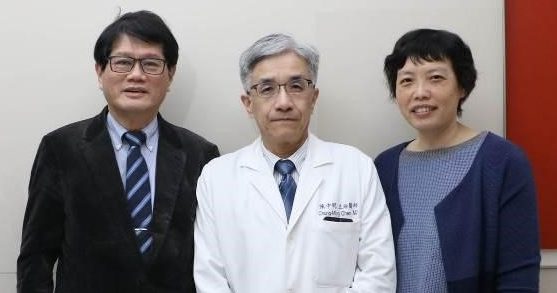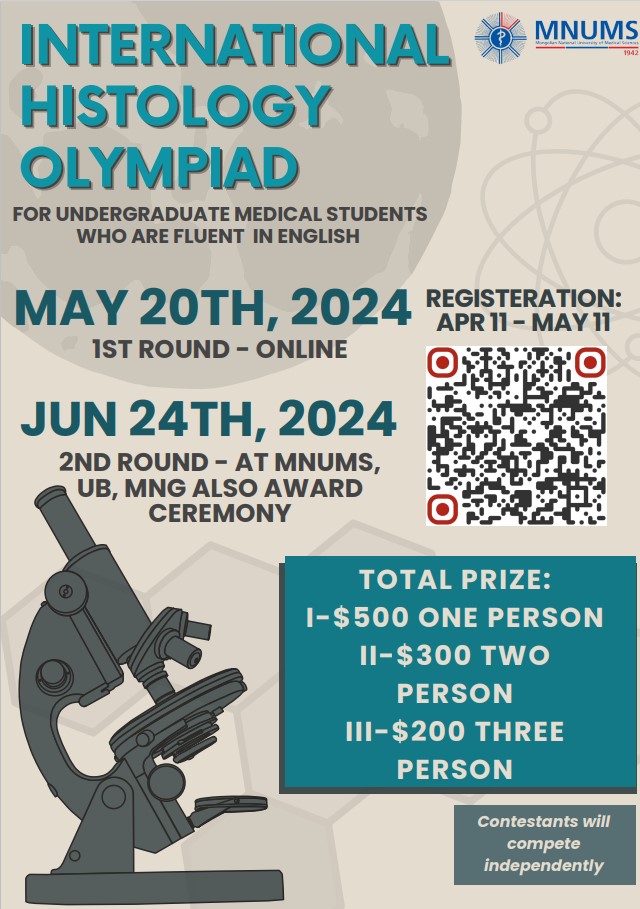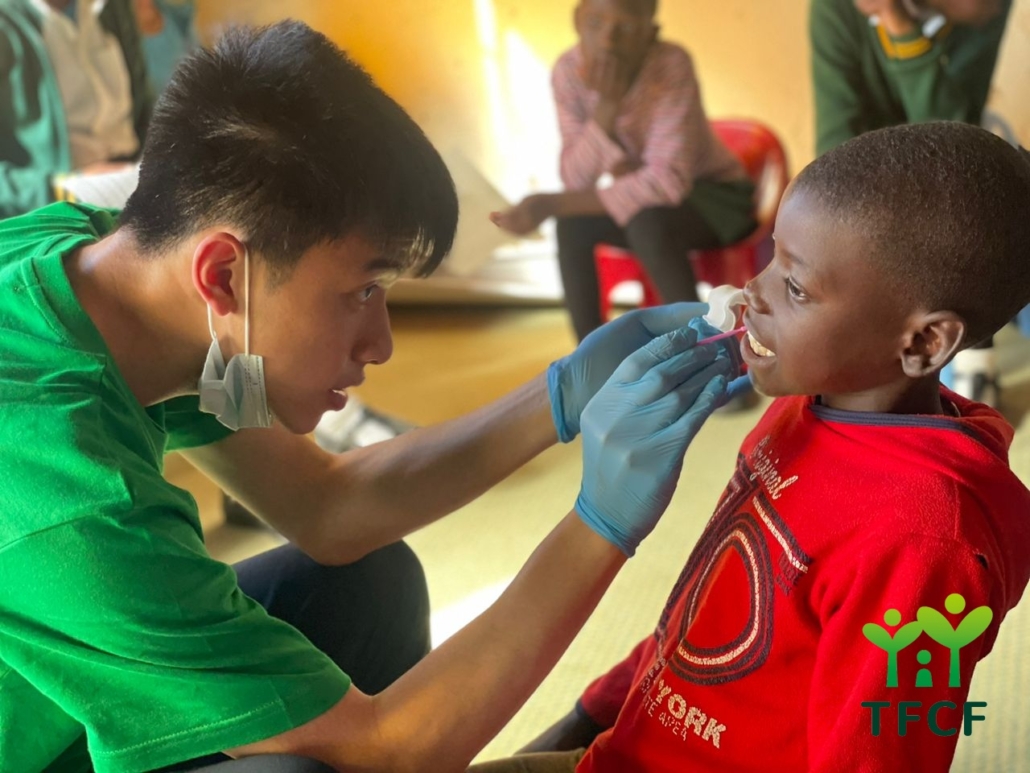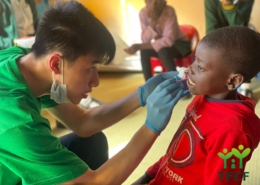US FDA approves TMU clinical trials on preterm lung dysplasia
Source: College of Medicine
Published on 2018-05-22
Because bronchopulmonary dysplasia is a common chronic lung disease in preterm infants, School of Medicine Professor Chung-Ming Chen is conducting a trial to test human mesenchymal stem cells as a treatment for this condition.
The results help the project partners obtain approval for human clinical studies from the US Food and Drug Administration, and clinical trials began in March.
Taipei Medical University started an Industry-University Cooperation Research Program in August 2014. This research noted effects of human placental mesenchymal stem cells on brain injury and chronic lung disease; it also seeks to test stem cells’ usefulness against brain tumors in preterm infants. Vice President Chao-Ching Huang is working on these projects with Professor Chung-Ming Chen of the Medical School’s Pediatrics Department and Associate Professor Jia-ling Xie of the Translational Medicine doctoral program. A subproject led by Professor Chen improved neonatal rat lung development by exposing pups to high concentrations of oxygen to mimic human bronchial dysplasia and administering human mesenchymal stem cells intratracheally to reduce pulmonary hypertension.
While perinatal medicine has developed greatly, bronchopulmonary dysplasia is still a common complication of preterm birth and can lead to neonatal brain and organ insufficiency without drug treatment. Pulmonary hypertension is associated with bronchopulmonary dysplasia and fatalities in such cases.
Rats treated intratracheally with human mesenchymal stem cells on the fifth day after birth showed mesenchymal stem cell therapy increased vascular endothelial growth factor, reduced cytokines and connective tissue growth factor, improved alveolar development, and retarded angiogenesis and pulmonary fibrosis. This finding provides a new treatment for bronchial dysplasia in preterm infants.


























